UK and US, kingpins of private military industry, mull designating Wagner
By Reza Javadi
Britain is set to designate Russia’s private security company Wagner Group as a “terrorist organization”, according to a report in The Times of London, in line with similar plans being debated in the US and the European Union.
A report published earlier this week quoted a British government source as saying the move was "imminent" and would likely take effect within weeks after a legal case was filed.
The European Union and the United States are also reportedly mulling similar moves, which would bring the Wagner group in the same category as Daesh, al-Qaida, and the neo-Nazi National Action.
However, unlike these terrorist organizations, the Wagner Group has been functioning as a Private Military and Security Company (PMSC), engaged in training and advisory missions for its employer states in return for money.
The group has reportedly been fighting alongside the Russian armed forces in areas of eastern Ukraine since the launch of Russia’s military operation in the former Soviet republic last February.
Western media reports claim the group is directly connected to the Russian government, but the Kremlin has repeatedly rejected such reports.
The moves to designate the private military firm comes as these same countries, the US and the UK, used to be – and still are — the biggest employers and costumers of private military companies – the military-industrial complex as we know it, which has come to dictate the US and UK foreign policy.
Numerous British and American contractors are and have been operating in conflict-torn areas around the globe. They are sprawling corporate entities with complex structures and a global footprint.
A report in Open Democracy in December 2018 stated that since the so-called ‘War on Terror’ in 2011, “billions of dollars” have been made by those working for private military and security companies (PMSCs) around the world, with Britain leading this “privatization of modern warfare.”
“What we do know is that many of these mercenary companies, especially ones based in the UK and US, were heavily involved in military campaigns in both Iraq and Afghanistan. We know their armed personnel can earn as much as £10,000 a month, tax-free. And we know that some private military contractors have been directly implicated in civilian deaths,” read the report.
Leading British PMSCs include G4S, Aegis Defense Services, Control Risks, Armorgroup, and Olive Group stand alongside American companies Academi, formerly known as Blackwater, as well as DynCor and Triple Canopy, who together make hundreds of millions in profit each year from arms sales.
American arms companies own a majority share of $224 billion of the global PMSC industry, as of last year’s figures, with the value of its annual sales predicted to increase to more than $80 billion in the near future.
The Western PMSCS, who offer a broad range of services -- spanning from people and compound protection, rescue missions, reconnaissance and risk assessment to training and combat operations -- were primarily recruited in the war zones of Iraq and Afghanistan after the US-led coalition invaded those countries on flimsy pretexts.
During the US invasion of Afghanistan and Iraq, the number of military personnel deployed by the US-led coalition was increasingly replaced and eventually outnumbered by employees of PMSCs.
In Afghanistan, the contracted PMSCs helped the American government to maintain its intended limit of 9,800 US troops, which was set in 2016, but later cut to 5,500 in 2017, and subsequently compensated by 26,000 private military contractors or mercenaries.
Accordingly, the US government shot two birds with a single stone. It not only carried out its desired operations but also passed the blame for war crimes committed by these private military forces.
Indeed, these private mercenaries enabled the US and UK governments to hide the colossal human costs of their involvement in Afghanistan and other such countries and escape responsibilities.
On the other side, following the US-led invasion of Iraq, the civil war, political turmoil and the rise of insurgency provided a readymade excuse to the US and UK governments to maintain their military presence in the country, including armed proxies and PMSCs.
According to figures published by the BBC, around 46,000 British troops were deployed at the outset of the Iraq invasion. The total cost of war stood at £9.24 billion in 2010, when the British army was preparing to leave the war-torn country.
Apart from formal forces, British secret forces and PMSCS employed more than 20,000 private military personnel to carry out military functions who worked in tandem with the British military.
They also provided security services to American figures who visited the country. Back then, for example, Aegis was responsible for protecting the top officials of the US Army.
The US Army’s reliance on a private British company to provide security for its own officials indicates how commonplace was the use of PMSCs in the US military at the time and still continues to be.
According to another report by the BBC, at the height of the occupation, around 60 British private military companies operated in Iraq.
Although the UK put an end to its eight years of disastrous military presence in Iraq in May 2011, it never left the war-torn country. British private military firms stayed behind to either assist the US-led coalition on the pretext of fighting Daesh or to prepare the ground for its military to return there.
According to Britain’s then-Defense Secretary Liam Fox, although the UK-Iraq official training and maritime support agreement concluded on 22 May 2011, the unofficial and secret groups recruited by the UK maintained their illegal presence in Iraq.
Meanwhile, according to a new report from Transparency International Defense and Security, the use of such companies by Western nations is causing heightened global risks of fraud, corruption and violence.
The Western-hired PMSCs have never been free of scandals. They have committed numerous war crimes at different stages and are blamed for widespread atrocities across conflict zones.
As an example, Blackwater forces in 2007 carried out a massacre in Nisour Square in Baghdad, killing 14 civilians, including two children, and injuring at least 17 others. The list is very long.
Their atrocities are not limited to Iraq and Afghanistan. The US State Department approved a contract for combat training of Saudi operatives by an American PMSC called Tier One Group.
These operatives were later involved in the savage murder of Washington Post journalist Jamal Khashoggi, a report by Transparency International Defense and Security revealed.
Unfortunately, Afghanistan and Iraq are not the only cases of PMSCs’ zone of crimes and human rights violations. In Latin America, the western PSMCs are reportedly involved in trafficking and extortion.
In Brazil, an investigation by the federal police revealed that almost a third of all firearms held by local security firms in Rio de Janeiro were trafficked to criminals.
In Libya, Yemen and Syria, it is the same story. The presence of these Western-backed PMSCs has stoked crisis and instability everywhere. So, Americans and Britons are in no position to raise finger at Russia's Wagner and its involvement in Ukraine. What happens here won't stay here now.
Reza Javadi is a Ph.D. Candidate in British Studies at the University of Tehran.
(The views expressed in this article do not necessarily reflect those of Press TV
Iran seeks South Korea’s assistance for AI, fiber-optic projects
VIDEO | Iran's 'Eqtedar' (Power) maneuver
Israel hits HTS military target in Syria for 1st time since fall of Assad
VIDEO | Press TV's news headlines
Israel has slaughtered 13,000 students in Gaza, West Bank
VIDEO | More Zionist than Zionists: Biden’s legacy to be defined by Gaza genocide
Hamas confirms handing approval of Gaza ceasefire deal to mediators
VIDEO | Iran: Show of strength


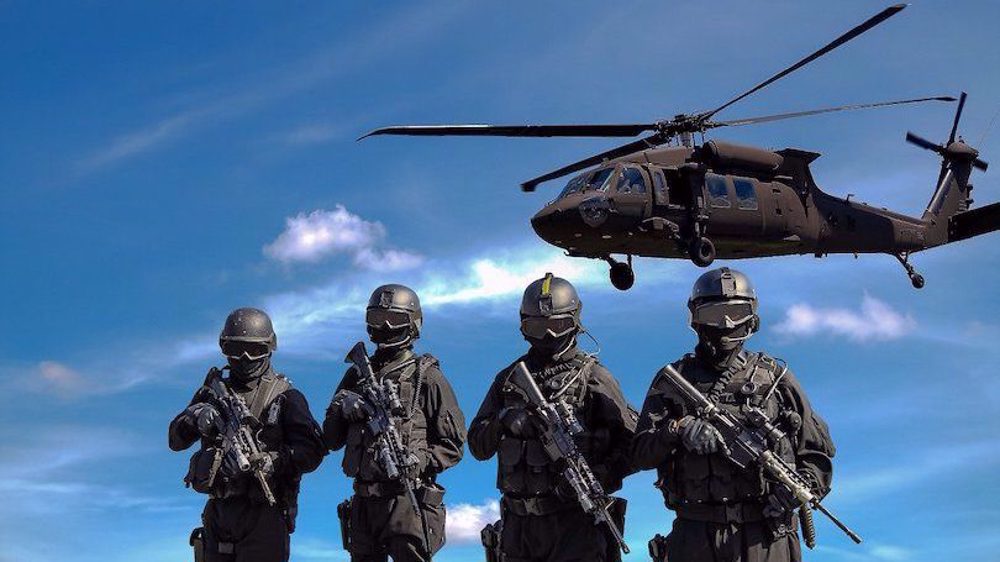
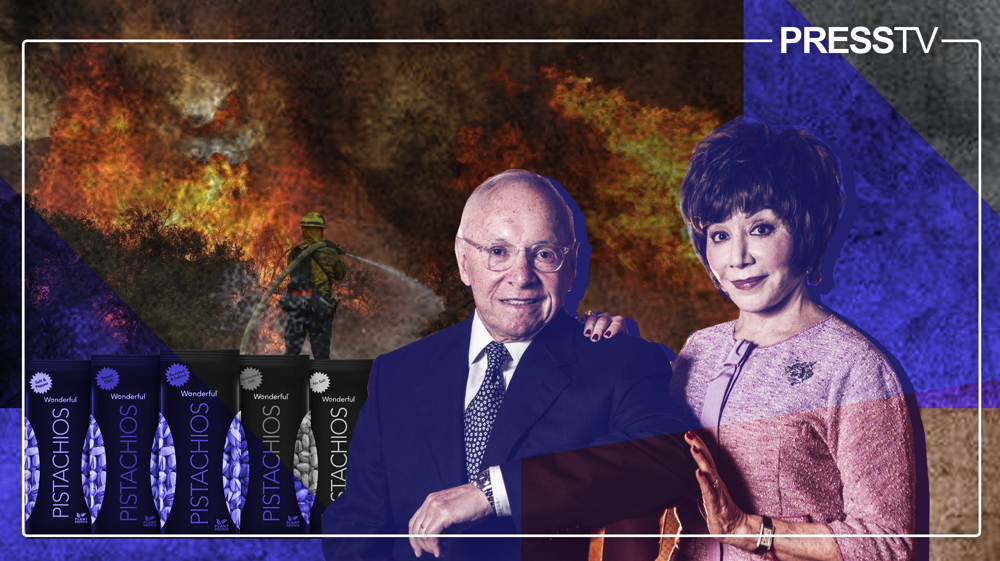
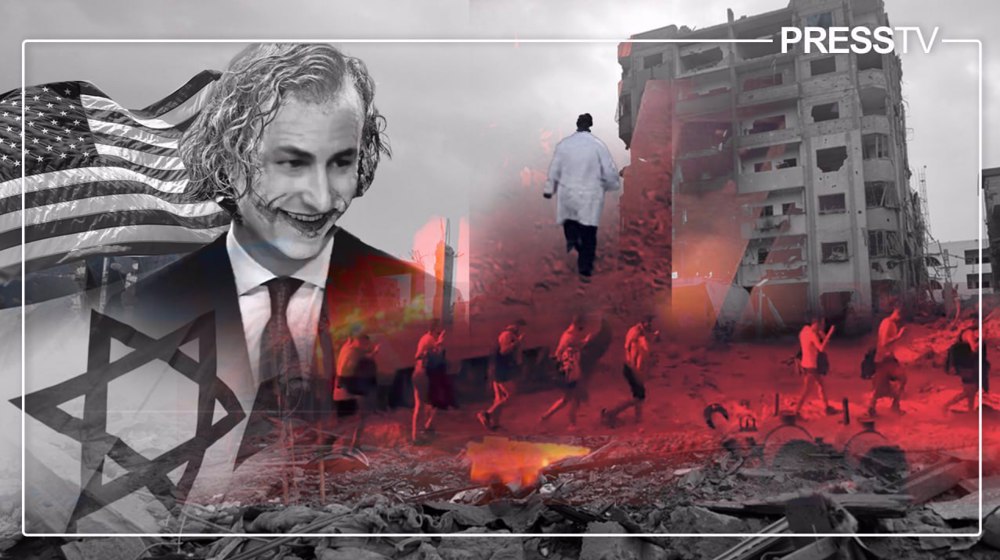
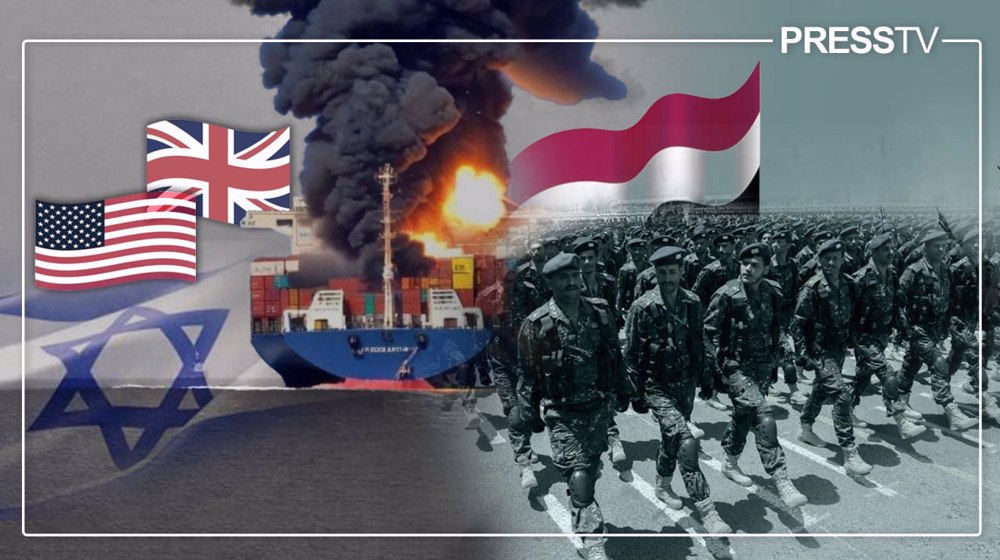



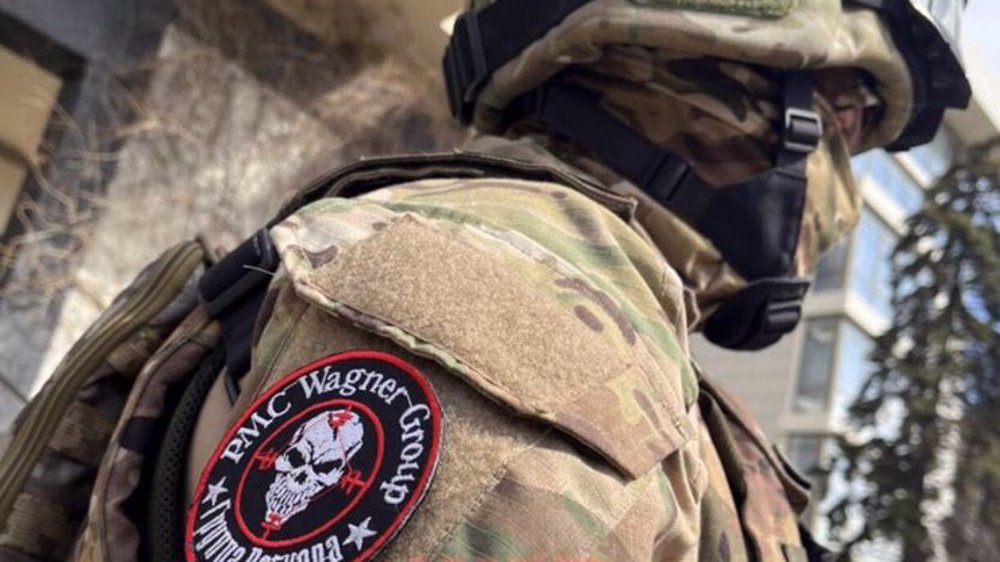
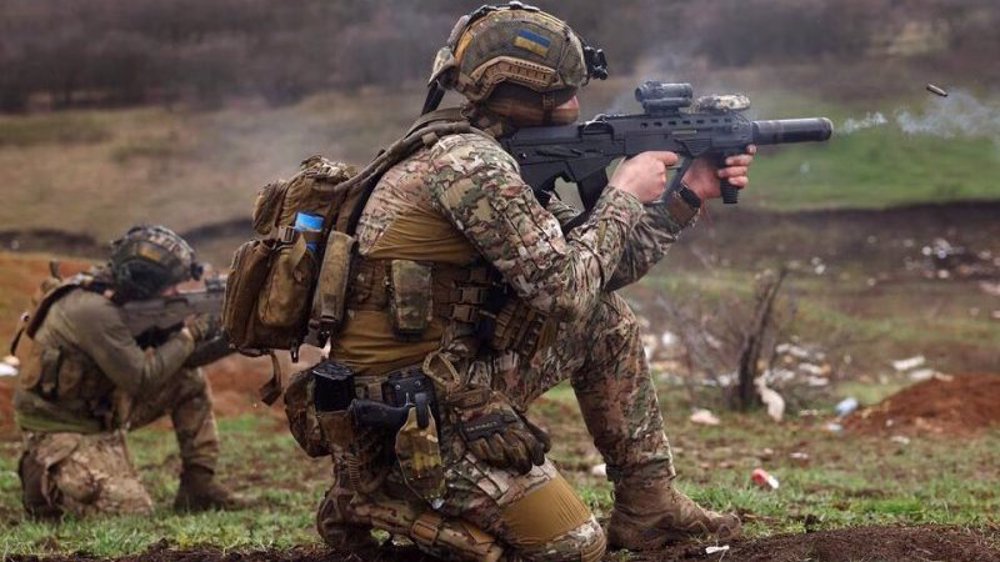
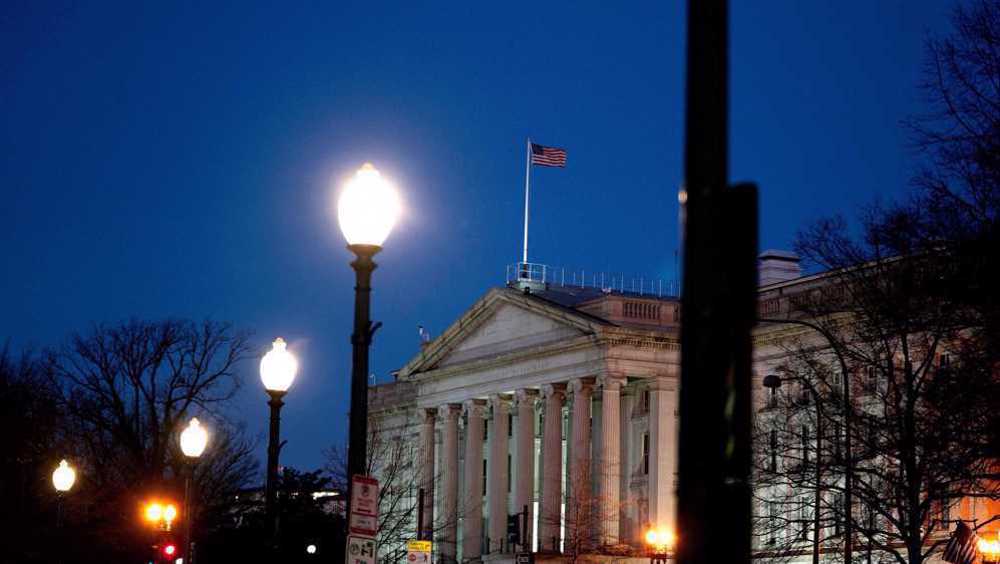
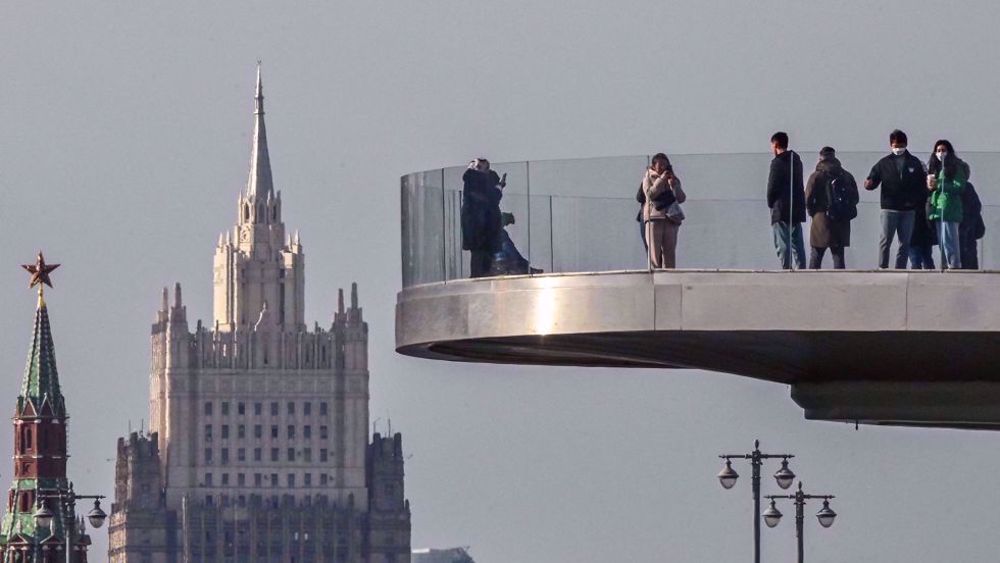

 This makes it easy to access the Press TV website
This makes it easy to access the Press TV website